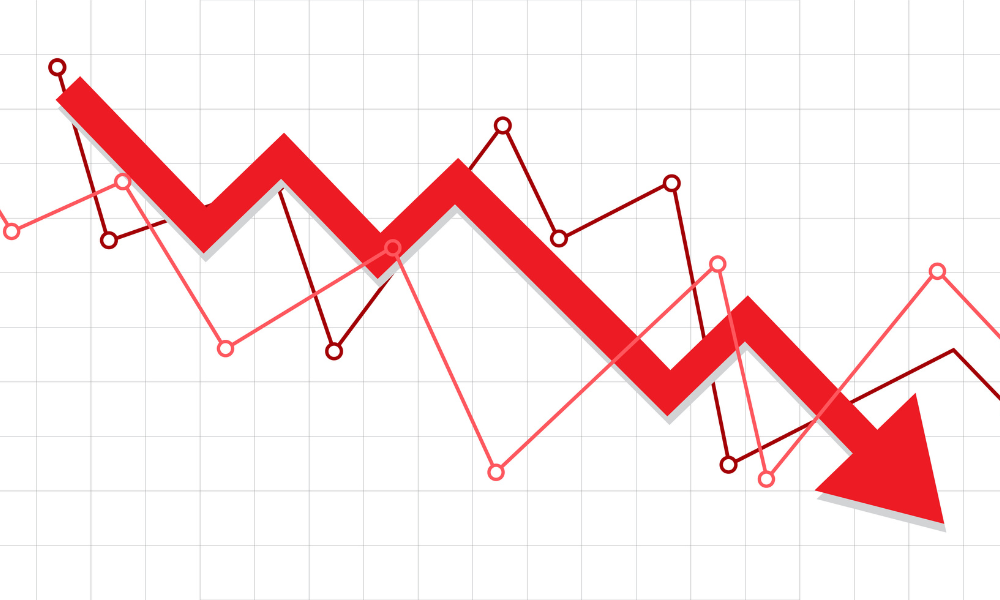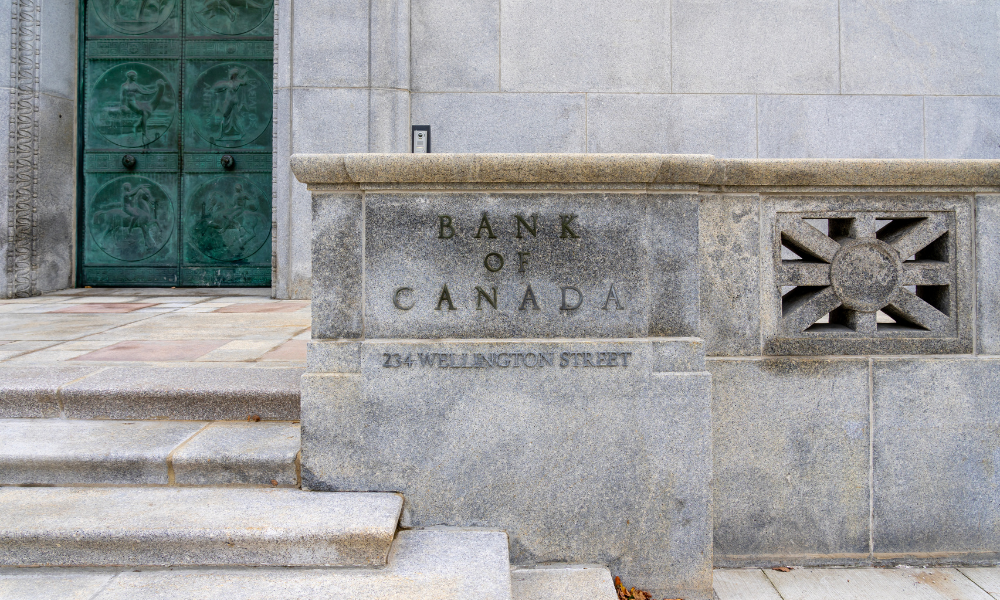After a volatile year in oil prices, Ninepoint Partners' Eric Nuttall believes energy firms will only continue to pay dividends

While 2022 has been a rollercoaster year for oil prices, the next 12 months will showcase the energy sector’s continued strength, along with oil producers’ ability to deliver continued cash flow to investors, according to an expert in the industry.
“I think there was so much policy uncertainty that led to the volatility that we saw this year,” Eric Nuttall, senior portfolio manager at Ninepoint Partners, told Wealth Professional.
In China, COVID-zero policies and lockdowns effectively suppressed 1.5 million barrels per day (bpd) in oil demand. In October, the U.S. undertook the largest-ever release from its Strategic Petroleum Reserve (SPR) to help lower energy costs for Americans, as well as address the market supply disruption coming from Russia’s full-scale invasion of Ukraine.
The European Union’s embargo on Russian oil has only muddied the waters further. The rapid rate hikes by central banks throughout 2022 to tame inflation have also stoked concerns of a hard landing, which has many investors worrying about the impact of a downturn or recession on the world’s appetite for oil – but not Nuttall.
“it's a profound mistake to believe that a recession means lower oil demand. We suffer from recency bias,” he says. “The two most recent recessions in our minds were the COVID recession from 2020 and the great financial crisis, where oil demand fell by 8% and 2%, respectively. In the two prior recessions actually saw oil demand grow, just at a moderating pace.”
In the wake of Chinese protests against the government’s zero-COVID policy, the country has signalled a gradual but inevitable normalization; the Chinese ambassador to the U.S. has indicated China COVID measures will be further relaxed to enable future international travel to China. Nuttall says that, together with the conclusion of SPR withdrawals in the U.S., would account for 2.5 million bpd in additional effective demand coming back to the market, exceeding the demand destruction seen during the Great Financial Crisis.
“What we've seen this year is the continuation of the largest drop in history in global oil inventories, meaning the market has been and remains undersupplied, despite the price action of the past month,” Nuttall says. “The pressures on oil supply growth are not abating. If anything, they’re only getting stronger.”
Prior to the recent oil selloff, he notes, companies in the energy industry experienced record levels of free cash flow, allowing them to build up their balance sheets to historically strong levels. This year, he estimates Canadian oil firms have paid about $50 billion in taxes and royalties, and even more next year.
“Companies have used 2022 to massively deliver so that their balance sheets can easily withstand any weakness in oil prices,” Nuttall says. “They can now pivot from returning free cash flow to the banks in the form of deleveraging, to returning free cash flow to investors in the form of dividends and share buybacks. Their ability to pay very meaningful dividends at 80, 90 or higher, is very, very strong.”
With energy firms making a firm commitment to return cash flow to shareholders through dividends and share buybacks, Nuttall says the dominant theme for oil stock performance will be based on how much investors can expect to be paid, and which firms can deliver the biggest payout through a dividend and a share buyback.
Recently, the Trudeau government floated a proposal to tax share buybacks, a move ostensibly aimed at encouraging companies to reinvest profits in workers and the country’s economic productivity. The measure has received significant pushback from the energy industry, which Nuttall thinks is clearly being targeted by Ottawa in a bid to get more revenue.
“The tax is not coming into place till 2024 and is estimated to raise about $400 million,” he says. “In the context of $50 billion of taxes and royalties, it's an annoyance, but it’s not enough to change the philosophy of the necessity to return free cash flow to shareholders.”
While he believes in the future prospects of the oil sector, Nuttall notes that volatility is a reality for the space, something he encourages investors seeking energy sector exposure to keep in mind.
“Part of our strategy for the Ninepoint Energy Income Fund is to sell covered calls on all of our positions, and therefore the volatility premium that we receive embedded in those premiums is very, very high. We're making 15% annualized from selling calls, and we'll make 8% or more from our dividends,” he says. “I think this sector is awash in free cash flow, and from an income perspective is set to reward shareholders very handsomely in 2023.”



